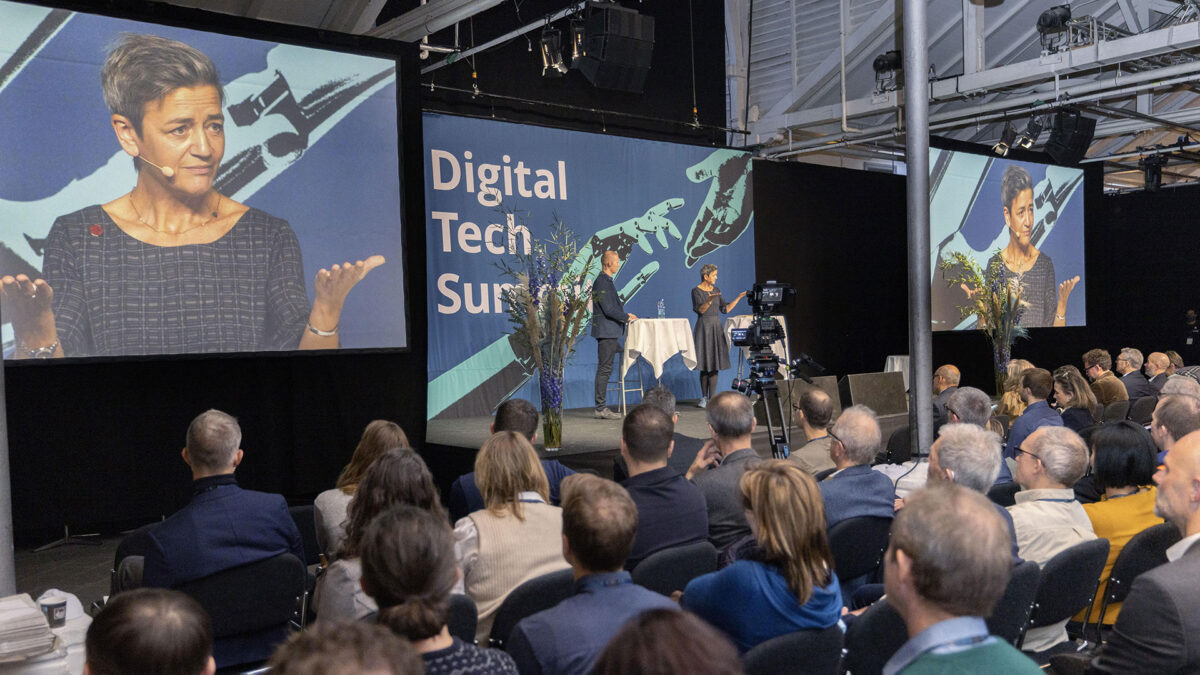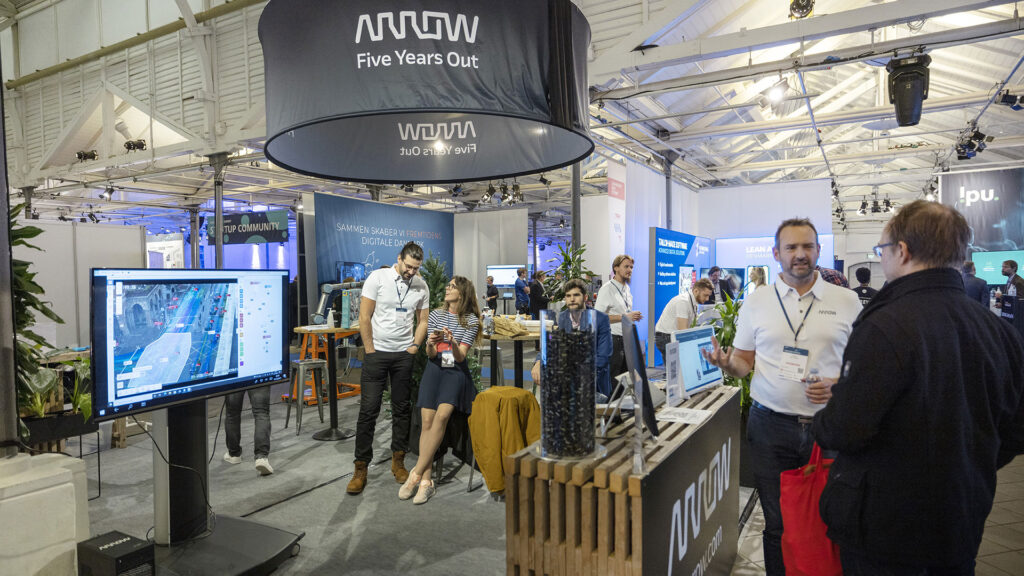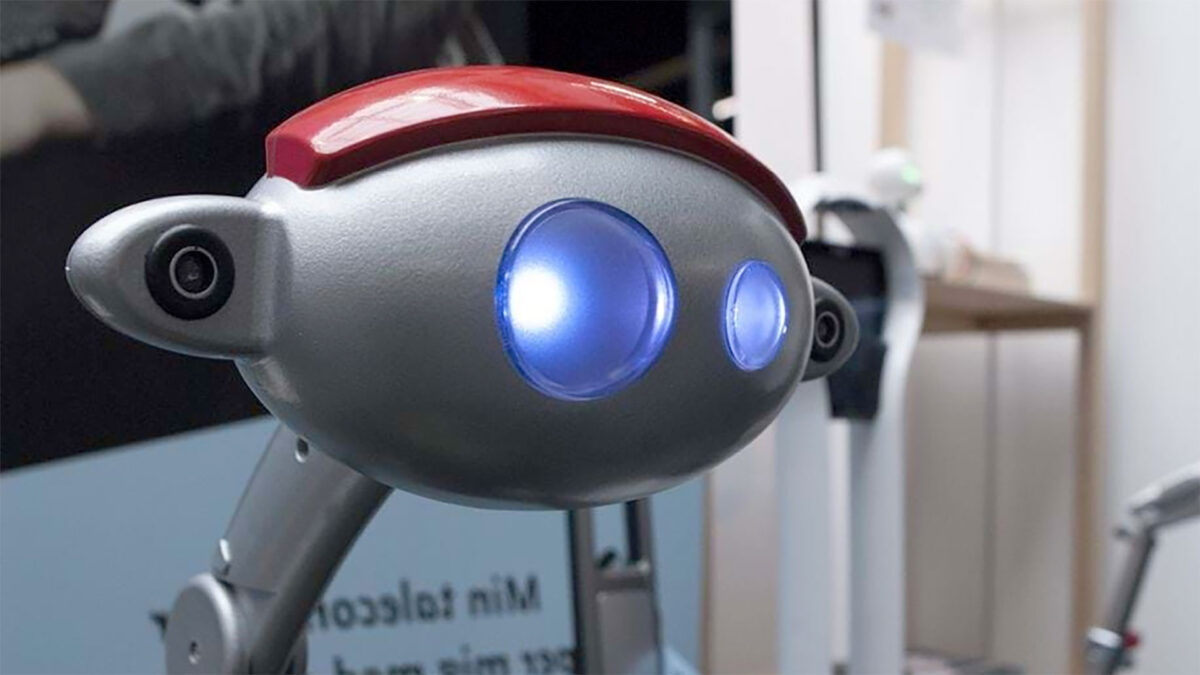Workshop:
AI and Education
On Wednesday, May 15, you are invited to a full-day workshop in Copenhagen on AI and education, co-sponsored by the Pioneer Centre for AI and DIREC.
- Copenhagen TBA
- 15 May 2024, 10:00-16:00
- Language: English
- Participation is free
-
Organizers:
KU, ITU and AAU
Through this workshop, we aim to bring together researchers, industry professionals, and educators to discuss challenges and progress related to AI in education, including (but not limited to) the potential and problems of generative AI. The short-term goals of the workshop are knowledge sharing and networking, while a more long-term goal could be to develop into a joint force and interest group focused on this topic.
If you sign up for the event and end up not being able to make it, please let us know as soon as possible by mail (tobo@itu.dk).
Tentative program
Below is a tentative program for the workshop:
10:00 – 10:15 Welcome + Purpose of the meeting
10:15 – 11:00 Framing speech from Mutlu Cukurova from UCL
11:00 – 11:15 Break
11:15 – 12:00 Speed talks from all participants
12:00 – 13:00 Lunch
13:00 – 14:00 Break-out sessions in smaller groups
14:00 – 15:00 Avenues for further collaboration and networking / Summary
15:00 – 16:00 Networking event (possibly followed by dinner for those interested)
Participation will be free with lunch and coffee breaks sponsored by the Pioneer Centre and DIREC. Dinner will be pay-your-own-way.











